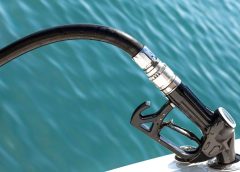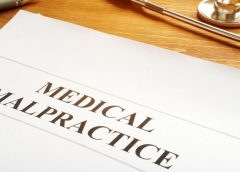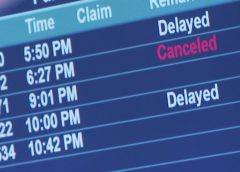Without fuel, your boat won’t travel far—tides and currents notwithstanding. However, not just any fuel works, either. Boat engines come in many variations, each requiring a different set of needs to operate optimally, including certain gasoline. Plus, various gas types and mixtures work better than others. Here are four tips for buying the best fuel for your boat and why the type of fuel you choose matters.
Where To Shop for Fuel
Would you go to a sports store to buy food? Or trust getting a phone from the dollar store versus an actual cellular company? Where you shop for fuel matters. Marine stores are a one-stop shop for all things maritime, including quality boat fuel.
As with many things in life, heading to the experts of the industry guarantees top-grade results. Their experience working on and with boats and extensive knowledge make marine store workers a trusted source. You can count on them to point you toward exactly what your boat needs, and more. Gas stations are also a popular fuel bank, especially for boats running on diesel.
Low Ethanol Content
Ethanol appears in many fuel mixtures due to its high octane count, renewable sourcing, and clean burning. However, it provides many practical disadvantages—especially with boats. Ethanol contains alcohol, causing it to absorb water and increase the chances of rusting. It’s also a naturally corrosive chemical. The more ethanol content in your fuel blend, the higher the risk of damages.
Older boat systems are especially incompatible with ethanol, putting them at greater risk of corrosion due to their lack of durable material components in their design. Opt for low or no ethanol content for minimal rust and corrosion. Premium E10 fuel gives you a 10 percent ethanol blend and a safer percentage than an E15 and other ethanol-heavy fuels. If you do use a high-ethanol concentration, pair it with a filter and stabilizer.
Pairing Boat Size With Fuel Type
Like people, boats and their engines come in various forms and require different diets. The size and weight of your boat determine the amount of fuel needed to generate an efficient amount of energy and affects horsepower abilities.
In general, small and mid-sized personal motorboats, such as dinghies and jetboats, operate similarly to car engines. They typically take gasoline—unleaded, midgrade, and premium—or gas and oil mixtures. Larger and commercial boats typically run on diesel.
Consult With the Engine Manufacturers
When in doubt, reach out to those who made your boat’s engine. One of the most common mistakes people make with outboard motors is not consulting the manual. Within the engine guidelines, manufacturers often note down the best and most appropriate fuel required to power the motor. Check your manual or the motor itself for signage and instructions on fuel type requirements and recommendations.
The next time your motorboat needs a top-up, refer back to these four tips to ensure you buy the best fuel for your boat. Feeding your ride with quality nutrients and the best sustenance for whatever water adventure you seek guarantees a more pleasant experience. It also minimizes maintenance requirements and your boat’s conditions. Enjoy smooth sailing with a happily fed boat.





